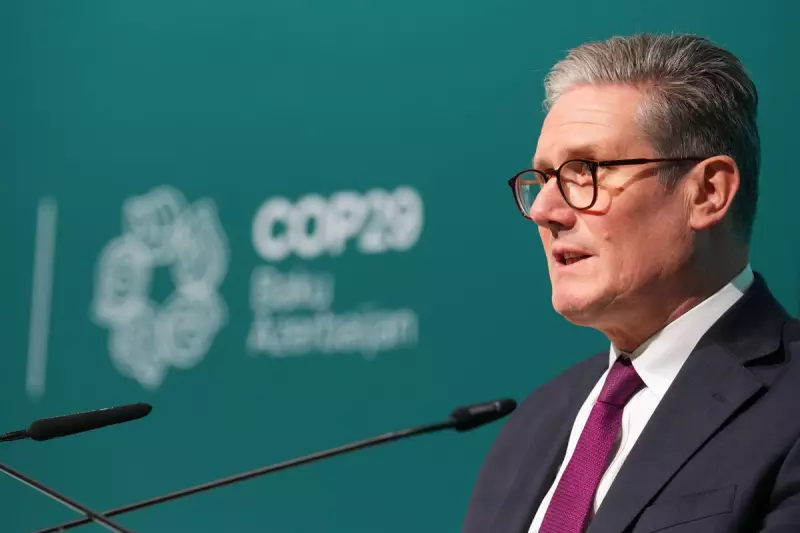
In a significant move for global climate diplomacy, Prime Minister Keir Starmer has welcomed Brazilian President Luiz Inácio Lula da Silva to 10 Downing Street for high-stakes talks aimed at forging a powerful environmental partnership.
A Strategic Climate Alliance Forms
The meeting between the two leaders marks a pivotal moment in international environmental cooperation, coming just weeks before Brazil prepares to host the critical COP30 climate summit in Belém. President Lula's visit represents one of Starmer's most substantial international engagements since entering Number 10.
"The partnership between our two countries could not be more important," Starmer emphasised during their discussions, highlighting the urgent need for collective action against climate change.
Positioning the UK as Global Climate Leader
This diplomatic engagement signals Starmer's determination to reestablish Britain's influence on the world stage, particularly in environmental leadership. The talks focused heavily on:
- Collaborative efforts to protect the Amazon rainforest
- Joint initiatives for sustainable development
- Shared strategies for reducing global carbon emissions
- Economic partnerships that balance growth with environmental protection
The timing of this meeting is particularly strategic, as Brazil prepares to take centre stage in global climate discussions with the upcoming COP30 conference. This positions the UK to play a crucial supporting role in what many are calling a make-or-break moment for international climate action.
Beyond Environmental Concerns
While climate cooperation dominated the agenda, the discussions also encompassed broader aspects of the UK-Brazil relationship, including trade opportunities and cultural exchanges. Both leaders expressed commitment to strengthening ties between their nations across multiple sectors.
The successful outcome of these talks could significantly influence the direction of global climate policy and establish a new template for international environmental cooperation in the coming years.





